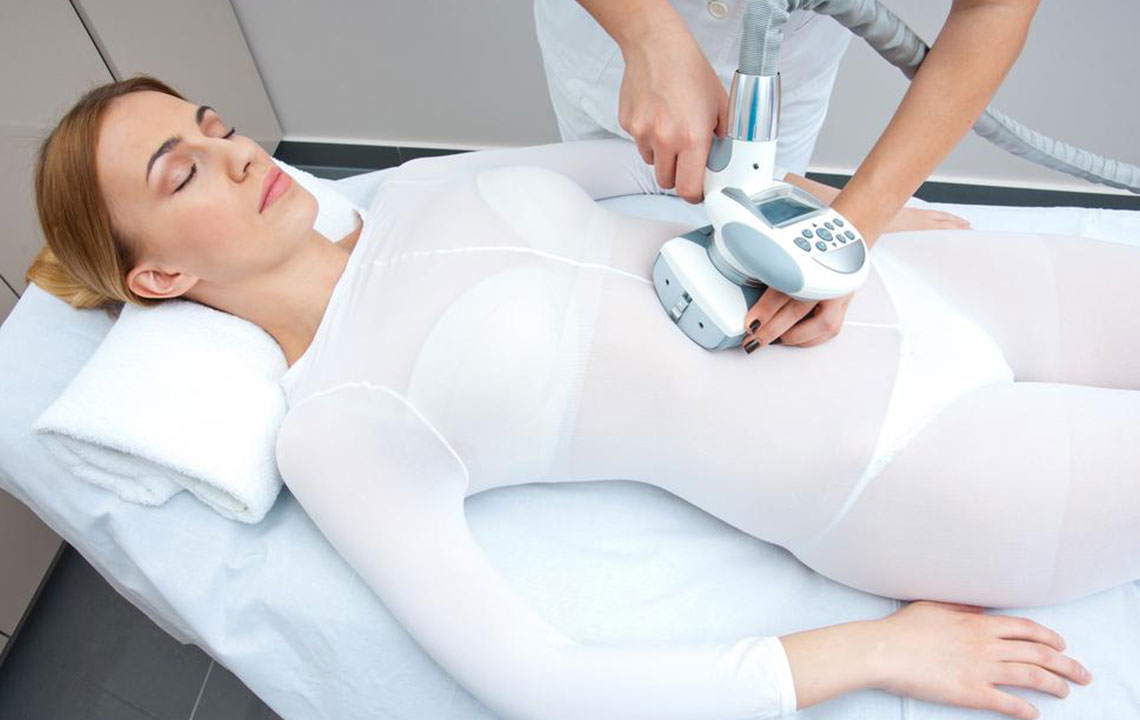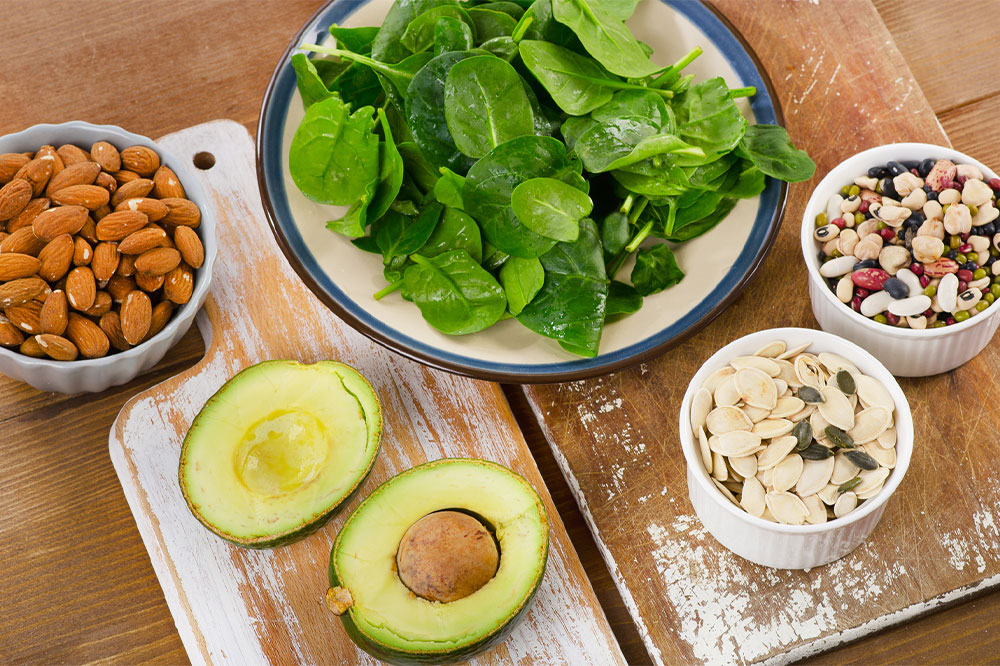Comprehensive Guide to Effective Headache Relief and Management
Discover a comprehensive guide to managing headaches, including medication options, lifestyle modifications, and natural remedies. Learn effective strategies to alleviate pain, prevent episodes, and enhance your well-being with practical advice tailored for headache sufferers seeking lasting relief.

Comprehensive Strategies for Managing and Relieving Headache Pain
Headaches are one of the most common neurological issues affecting millions worldwide, ranking just behind back pain in prevalence. They can range from mild discomfort to debilitating episodes that interfere with daily activities, work, and social interactions. For many individuals, managing headache pain effectively is essential for maintaining quality of life. Understanding various approaches—from medication to lifestyle adjustments—can empower sufferers to reduce the frequency and intensity of headaches and improve overall well-being.
Addressing headaches involves a combination of appropriate medication, lifestyle modifications, and stress management techniques. While over-the-counter medications provide immediate relief for common tension headaches, many individuals seek alternative methods to prevent frequent episodes and minimize medication dependence. This comprehensive guide explores effective strategies that encompass both medical and non-medical approaches, offering practical solutions tailored to different types of headaches.
Managing headaches requires an understanding of suitable medications, lifestyle adjustments, and relaxation techniques. Medications such as NSAIDs—like ibuprofen and naproxen—are commonly recommended for occasional tension headaches. However, frequent use of these drugs can lead to side effects including gastrointestinal irritation, ulcers, or even dependency if not properly managed. Therefore, consulting healthcare providers for personalized treatment plans is crucial. Additionally, some medications like indomethacin can be effective but should be used with caution to avoid adverse effects.
Beyond pharmacological remedies, numerous non-drug methods can significantly reduce headache discomfort. These techniques are particularly beneficial for those prone to recurrent headaches or migraines, aiming to prevent episodes before they start or lessen their severity when they occur. Here are some proven non-medication strategies to enhance headache management and overall health:
Prioritize Rest and Darkness
When experiencing headache pain, especially migraines, resting in a quiet, dark environment can effectively alleviate symptoms. Closing your eyes and lying down helps reduce sensory input, which can trigger or worsen headaches. Sleep acts as a natural remedy for many headache types—lasting restful sleep can provide immediate relief and help reset your neurological system.
Implement Gentle Head and Neck Massage
Gentle massage around the temples, forehead, and neck stimulates blood flow, relaxes tense muscles, and relieves stress-induced headaches. Alternately, applying a warm compress can relax tight muscles, while cold packs or ice applied to the base of the skull can reduce inflammation and numb pain.
Adopt Stress Reduction Techniques
Since stress is a common trigger for tension headaches and migraines, techniques such as meditation, deep breathing exercises, and progressive muscle relaxation can be very effective. Eliminate or reduce exposure to noisy or chaotic environments and ensure regular breaks during work or stressful activities. These practices help lower cortisol levels and promote mental and physical relaxation, preventing headache onset.
Monitor Diet and Hydration
Dietary triggers like caffeine, alcohol, processed foods, and dehydration can contribute to headache development. Limit caffeine intake, avoid smoking, and maintain regular, balanced meals. Particularly, low blood sugar and dehydration are well-known headache triggers. Drinking sufficient water throughout the day and eating nutritious foods can prevent episodes and improve overall health.
Natural Remedies: Cayenne Pepper
Cayenne pepper contains capsaicin, which interacts with pain sensors by reducing Substance P, a chemical involved in transmitting pain signals. Topical application of cayenne in nasal sprays or inhalants can decrease headache severity notably. This natural remedy is gaining popularity as an alternative to conventional painkillers for quick relief.
Nutritious Snacks: Almonds
Eating almonds, rich in salicin—a natural compound resembling aspirin—can serve as a gentle, natural pain reliever. Incorporating almonds into your diet can provide consistent pain management support and serve as a healthier alternative to over-the-counter medications, reducing reliance on pharmaceuticals.
In addition to these strategies, maintaining a headache diary can help identify personal triggers and patterns, allowing for more tailored prevention plans. For persistent or severe headaches, consulting a healthcare professional is essential to rule out underlying conditions like migraines, neurological issues, or other medical concerns. With a comprehensive approach combining medication, lifestyle changes, and natural remedies, individuals can effectively manage headache pain, reduce frequency, and improve their overall quality of life. Remember, early intervention, consistency, and personalized care are key components of effective headache management.





